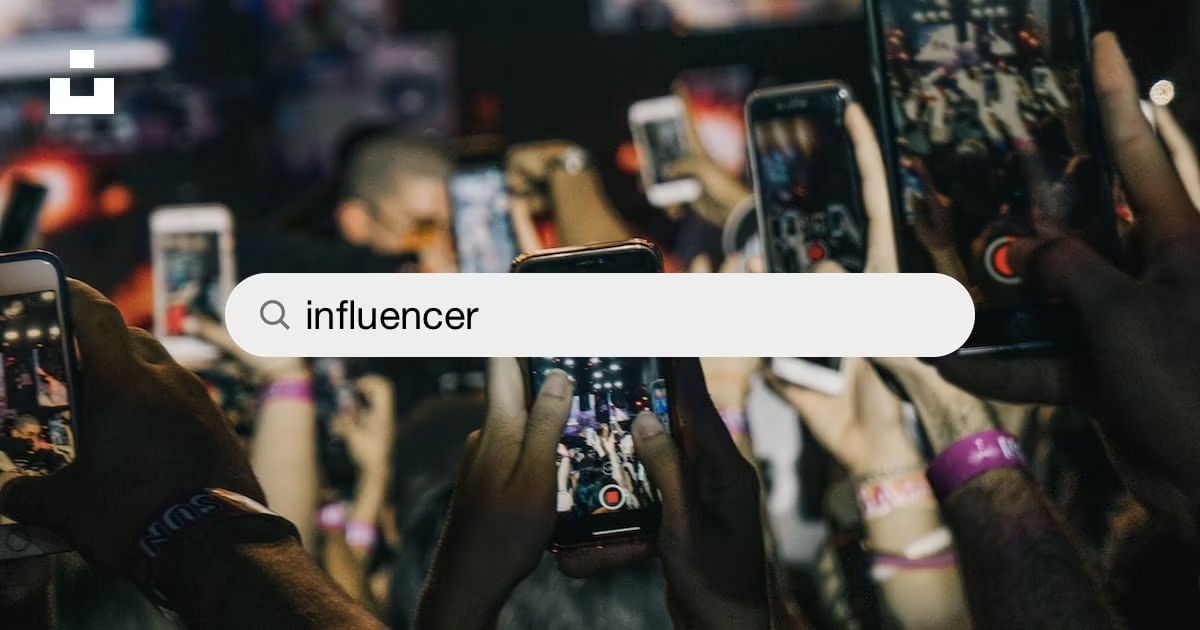
Utilizing the Power of Social Influencer Marketing
Today, social media has become an integral part of our lives. Also, it has significantly transformed the way businesses promote their brands. One of the most prominent phenomena that has emerged with the rise of social media is influencer marketing. So, by leveraging the power of influential individuals on platforms like Instagram, YouTube, and TikTok, brands can reach their target audiences in a more authentic and engaging manner. In this blog, we will explore the impact of social media on influencer marketing, the best ways to sponsor influencer posts, the process of identifying influencers, and the benefits for businesses. Also, how small businesses can utilize this strategy effectively? So, read along.
How Social Media Changed Influencer Marketing
Social media has revolutionized the landscape of influencer marketing by providing a vast and accessible platform for content creators to connect with their audiences. Unlike traditional advertising methods, social media influencers have the ability to build personal relationships with their followers, fostering trust and credibility. The direct and interactive nature of social media allows influencers to engage in real-time conversations, making brand promotions more authentic and relatable.
Sponsoring Social Influencer Marketing Posts
When it comes to sponsoring influencer marketing posts, it is crucial to establish a mutually beneficial partnership between the brand and the influencer. Here are some key considerations:
- Relevance: Choose influencers whose niche aligns with your brand’s values, target audience, and industry.
- Authenticity: Look for influencers who have a genuine connection with their audience and have demonstrated consistent engagement and trust-building.
- Engagement Metrics: Analyze an influencer’s engagement rate, reach, and audience demographics to ensure they can effectively reach your target market.
- Clear Guidelines: Provide clear guidelines to the influencer regarding the campaign’s objectives, and messaging. Also, disclosure requirements to maintain transparency and integrity.
- Compensation: Negotiate fair compensation based on factors such as the influencer’s reach, engagement rate, content quality, and campaign scope.
Finding Social Media Influencers with Tools
- Social Media Platforms: Utilize built-in search functions on platforms like Instagram, YouTube, and TikTok to discover influencers in your industry.
- Influencer Marketing Platforms: Tools like Upfluence, HYPR, and Influenex provide comprehensive databases of influencers. Thus, offering detailed analytics and performance metrics.
- Social Listening Tools: Tools like Brandwatch, Mention, and Hootsuite allow you to monitor conversations. Also, identify influential individuals within specific niches.
Top Brands Utilizing Social Influencer Strategies
Numerous brands have successfully incorporated influencer marketing into their strategies. Some notable examples include:
- Nike: Collaborating with athletes and fitness influencers, Nike effectively promotes its athletic apparel and shoes, reaching a broad audience of sports enthusiasts.
- Glossier: This beauty brand collaborates with beauty influencers to showcase its products and share honest reviews, leveraging the influencers’ expertise and credibility.
- GoPro: GoPro partners with adventure and travel influencers who create compelling content using their cameras, inspiring audiences to capture their own experiences.
Identifying Influencers in Social Media
- Define Your Target Audience: Understand who your ideal customers are and the social media platforms they frequent.
- Research Relevant Hashtags: Look for trending hashtags in your industry to find influencers who are already engaging with your target audience.
- Analyze Followers and Engagement: Assess an influencer’s follower count, comments, likes, and shares to gauge the level of engagement and authenticity.
- Check Content Quality: Review an influencer’s content to ensure it aligns with your brand’s aesthetics, values, and quality standards.
Social Influencer Marketing for Small Businesses
Influencer marketing is not limited to big brands. Small businesses can also benefit from this strategy by:
- Micro-Influencer Collaborations: Partnering with micro-influencers who have a smaller but highly engaged following can be cost-effective and targeted.
- Local Influencers: Targeting local influencers can help small businesses connect with their immediate communities and generate localized brand awareness.
- Affiliate Programs: Offering affiliate partnerships to influencers allows small businesses to track conversions and provide incentives for driving sales.
Conclusion
Social influencer marketing has transformed the way brands promote themselves. Thus, enabling them to connect with their target audiences on a more personal level. By leveraging the power of social media, brands can tap into the authenticity, trust, and engagement that influencers bring. Whether you are a large corporation or a small business, incorporating influencer marketing into your overall marketing strategy can help you. Additionally, effectively engage with your desired audience.
Remember, successful influencer marketing lies in building strong partnerships and selecting relevant influencers. Also, delivering authentic content that resonates with both the influencer’s audience and your brand’s message. So, get ready to harness the potential of social influencer marketing and propel your brand to new levels of success.
